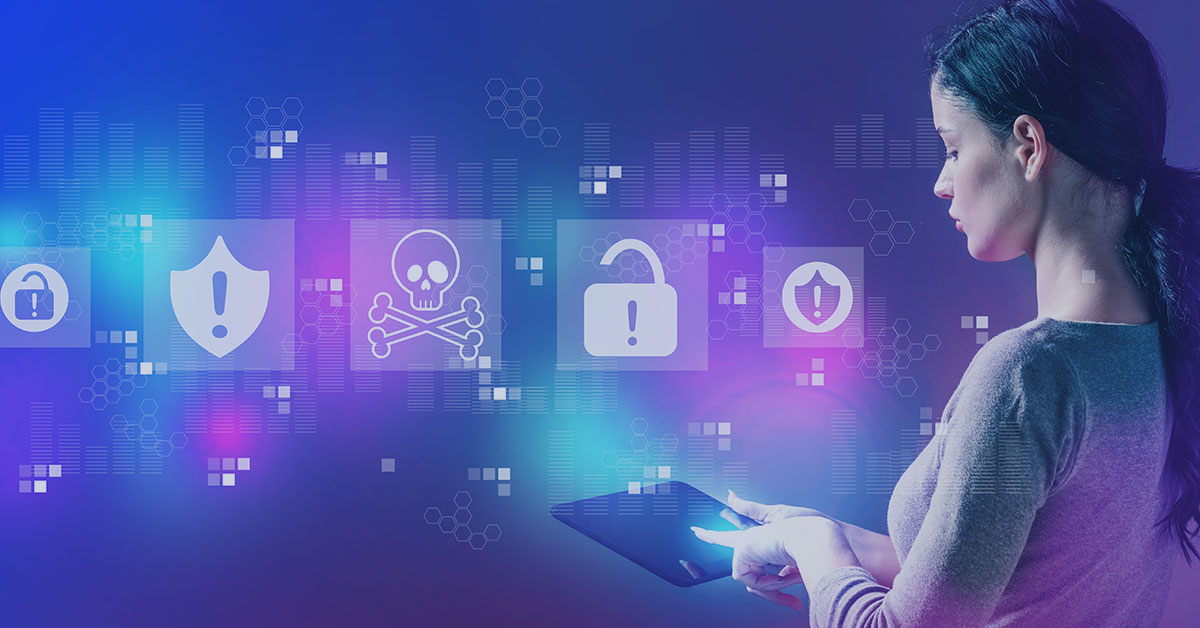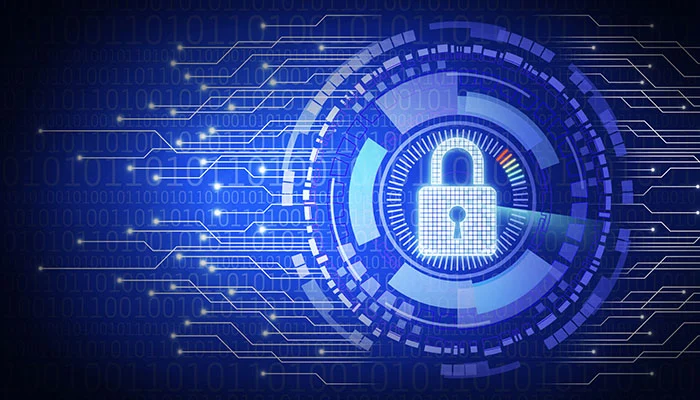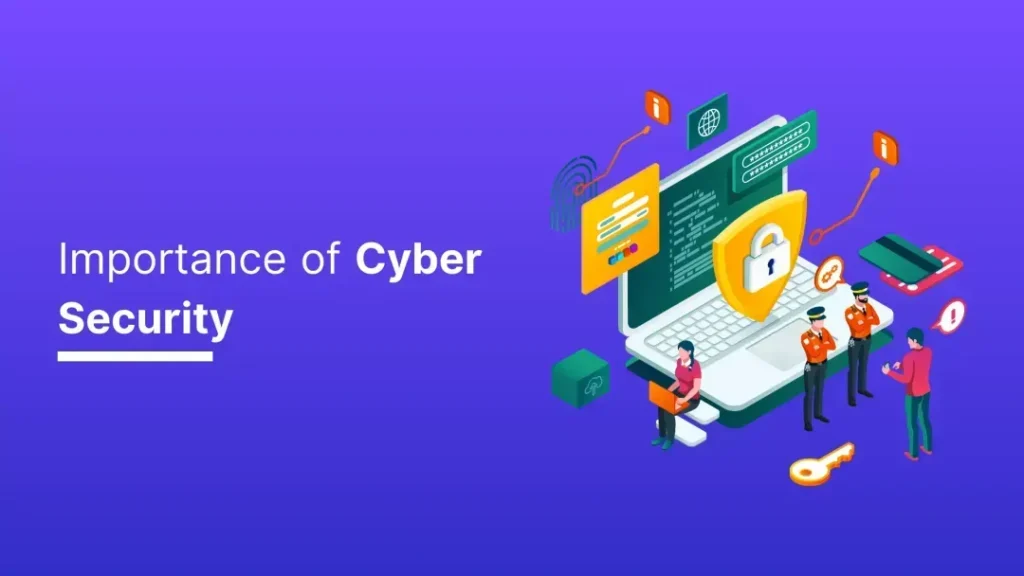In an age where digital tools dominate classrooms, the Importance of Cybersecurity Education cannot be overstated. As students engage increasingly with online platforms, understanding how to protect their information and navigate safely is essential. Cybersecurity education helps build awareness and practical skills to face emerging digital threats confidently.
Recognizing the Importance of Cybersecurity Education early fosters responsible digital citizenship and prepares students for a secure, technology-driven future. Schools that integrate cybersecurity principles not only safeguard their communities but also empower students with critical life skills.
The Rising Significance of Cybersecurity Education in Schools
The growing dependence on technology in education highlights the Importance of Cybersecurity Education. With devices, online classrooms, and cloud services becoming daily tools, the risk of cyber threats such as hacking, phishing, and data breaches is higher than ever. Educating students about these risks and prevention measures ensures they understand how to protect themselves and their personal data.
Cybersecurity education builds a strong foundation of digital literacy, teaching students to recognize suspicious activities, use strong passwords, and safeguard personal information. As cyber threats evolve rapidly, continuous education keeps students and educators one step ahead, fostering a safer digital environment.
Moreover, the digital age demands more than just technical knowledge; it requires ethical awareness. Students learn the importance of respecting privacy, avoiding cyberbullying, and practicing safe online behavior — all core elements of comprehensive cybersecurity education.

Integrating Cybersecurity Education with Modern Teaching Practices
The digital classroom revolution has transformed education, making cybersecurity an indispensable subject. The Importance of Cybersecurity Education ties closely with the benefits of technology in education, where digital platforms offer immense learning opportunities but also open doors to vulnerabilities.
Incorporating cybersecurity lessons as part of everyday learning equips students with practical skills that transcend rote knowledge. This integration complements the importance of skill-based learning, helping learners apply cybersecurity principles in real scenarios such as securing devices, identifying scams, and responding to cyber incidents.
Teachers can leverage interactive tools and simulations to demonstrate cybersecurity challenges, fostering engagement and deeper understanding. These immersive experiences prepare students to think critically and act responsibly in the digital world.
The Intersection of Artificial Intelligence and Cybersecurity in Education
The importance of AI in education is growing, enhancing personalized learning and administrative efficiency. However, AI introduces new cybersecurity challenges, including data privacy concerns and the potential for AI-driven attacks. Cybersecurity education addresses these emerging issues by equipping students with knowledge about AI vulnerabilities and ethical use.
Students trained in cybersecurity learn how to navigate AI-powered tools safely and understand the risks associated with automated systems. This dual awareness of AI and cybersecurity fosters a forward-thinking mindset, crucial for innovation and safety in education.
Schools can incorporate AI-based cybersecurity simulations, providing students with hands-on experience in threat detection and response. This cutting-edge approach ensures learners are prepared for the technological complexities of tomorrow.
Cybersecurity Education’s Role in School Administration
Understanding education administration includes recognizing the critical role of cybersecurity in protecting institutional data. Schools collect vast amounts of sensitive information, from student records to financial data, making robust cybersecurity practices essential.
The Importance of Cybersecurity Education extends beyond students to educators and administrators who must implement policies and safeguards. Training staff in cybersecurity principles reduces risks and ensures swift responses to potential breaches.
By fostering a culture of security awareness at all levels, educational institutions create safer environments for teaching and learning. This comprehensive approach supports student welfare and upholds institutional integrity.

Building Future-Ready Students Through Cybersecurity Skills
The Importance of Cybersecurity Education also lies in preparing students for careers in a digitally connected world. Cybersecurity is one of the fastest-growing job sectors, offering numerous opportunities. Early exposure to cybersecurity concepts can inspire students to pursue related fields and build critical skills.
In addition to technical expertise, cybersecurity education strengthens problem-solving, analytical thinking, and resilience — qualities that are valuable across disciplines. When combined with the importance of skill-based learning, cybersecurity training prepares students to meet the challenges of modern workplaces confidently.
Students gain awareness of their digital footprints and learn to navigate online platforms ethically and securely, fostering responsible global citizenship.
Overcoming Challenges in Implementing Cybersecurity Education
The Importance of Cybersecurity Education is undeniable, yet integrating it effectively into school curricula comes with several obstacles. Many institutions face limited budgets, a shortage of trained instructors, and the ever-evolving nature of technology, which can make it difficult to deliver up-to-date and practical content. These barriers can slow the adoption of a robust cybersecurity framework within the educational system.
To address these issues, schools must invest in professional development to ensure educators are equipped with the latest cybersecurity knowledge. Collaborating with cybersecurity professionals and organizations can also help bridge resource gaps and strengthen curriculum relevance. Moreover, embedding cybersecurity themes across various subjects rather than treating them as standalone topics promotes more cohesive learning and reinforces the Importance of Cybersecurity Education throughout a student’s academic journey.
Encouraging Cybersecurity Awareness Beyond the Classroom
The Importance of Cybersecurity Education extends well beyond the school environment. In today’s hyper-connected world, students interact with technology constantly—through social media, online gaming, and personal devices—making it essential to instill cybersecurity awareness in all aspects of their digital lives. Cyber threats don’t stop at the classroom door, and students must be equipped to protect themselves wherever they go online.
To address this need, schools should collaborate with families and communities by organizing workshops, providing resources, and hosting digital safety events. These initiatives create a unified support system that reinforces safe practices and responsible online behavior. Encouraging students to act as cybersecurity ambassadors among peers and at home strengthens the broader impact of the Importance of Cybersecurity Education, nurturing a vigilant and informed digital generation.

Conclusion
The Importance of Cybersecurity Education is undeniable in equipping students for today’s digital world. By embedding cybersecurity knowledge into educational frameworks, schools foster safe, responsible, and skilled digital citizens. This education safeguards academic environments and empowers students to thrive in technology-driven futures.
At Verified Campus, we are committed to highlighting institutions that embrace this vital aspect of education. By recognizing efforts in girls boarding schools in Dehradun and beyond, we aim to inspire broader adoption of cybersecurity education, nurturing a secure and confident generation.


